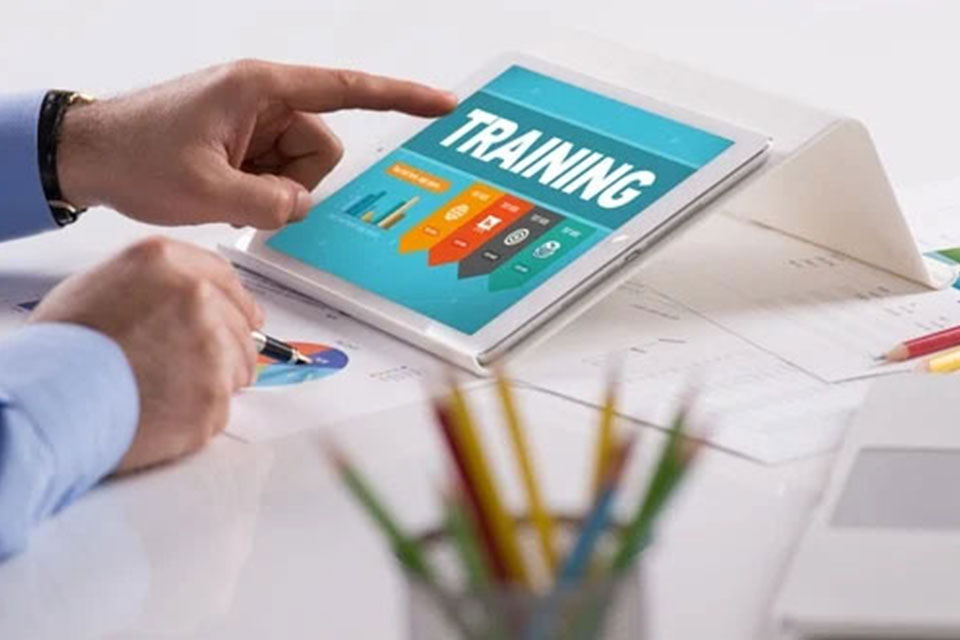Online learning has transformed the traditional education model and revolutionized education, offering students with disabilities the flexibility and convenience of learning from anywhere. With the use of digital tools and resources, such as videos, discussion forums, and online assessments, online learning provides learners with a highly interactive and engaging educational experience.
The structure and features of online learning can help students with disabilities be successful. Let’s delve deeper into how online learning can support students with disabilities.
1. Flexibility
Online learning offers great flexibility to students with disabilities, allowing them to learn at their own pace and on their own schedule. This is especially beneficial for those who face medical or physical limitations that make attending traditional in-person institutions challenging.

2. Accessibility
Online learning platforms provide accessibility features and tools, such as closed captioning, audio descriptions, and transcripts to make learning more inclusive for students with disabilities.
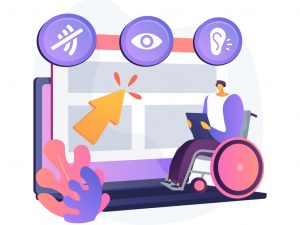
3. Inclusive Design
Online courses are designed with inclusive design principles, such as enabling keyboard-only navigation for students with mobility impairments to easily access and engage with course material.
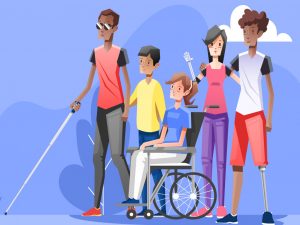
4. Social Interaction
Online learning can help students with disabilities interact with peers and instructors through discussion forums, virtual study groups, and video conferencing, building a sense of community through online learning.
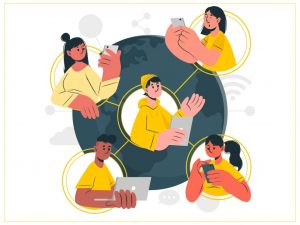
5. Self-Directed Learning
Self-directed learning is a key benefit of online learning for students with disabilities. They have the autonomy to set their own goals and work towards them at their own pace, which can boost their confidence and self-esteem. Through this approach, they can develop skills that are tailored to their specific needs and goals and can take ownership of their learning journey.
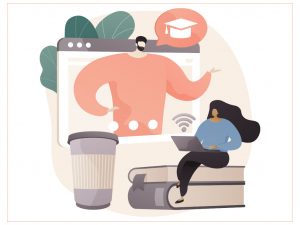
6. Reduced Anxiety
Students with disabilities can breathe a sigh of relief with online learning, as it offers a stress-free learning environment that allows them to thrive without feeling the weight of social pressures. Online learning can provide a more relaxed and comfortable environment that is favorable to learning.

7. Flexibility in communication
Online learning platforms offer various communication channels such as email, chat, or video conferencing, which can “break the ice” for students with communication impairments to participate more effectively.

8. Digital Literacy
Online learning can help students get up to speed with the latest technology trends and tools, providing them with a competitive edge in the job market.
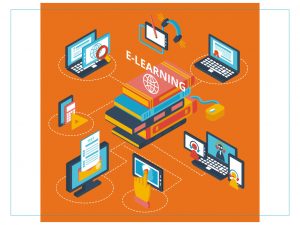
9. Reduced Stigma
Online learning can help to reduce discrimination and stereotyping towards students with disabilities by providing an environment that focuses on their abilities and strengths rather than their disabilities. This can open the doors to a more inclusive and accepting learning experience for all students.

10. Virtual Reality (VR) Learning
The use of virtual reality technology in online learning is breaking new ground. Using VR technology in online learning can create immersive experiences that allow students with disabilities to visualize complex concepts and interact with digital environments in ways that traditional learning methods cannot provide.
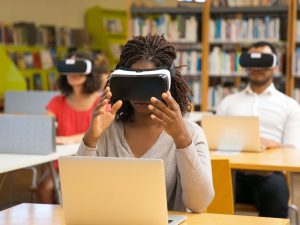
The online learning industry has experienced explosive growth in recent years and enables millions of individuals throughout the world to access education. As we move towards an increasingly digital world, online learning is likely to play an even more significant role in education.
By providing a more flexible and personalized learning experience, online learning can help students with disabilities achieve their goals and reach their full potential. However, to make this a reality, online learning platforms need to be designed with inclusive principles and should incorporate accessible features such as closed captioning, screen readers, and keyboard-only navigation. By supporting students with disabilities, the online learning industry can make a positive impact on individuals, communities, and society.


